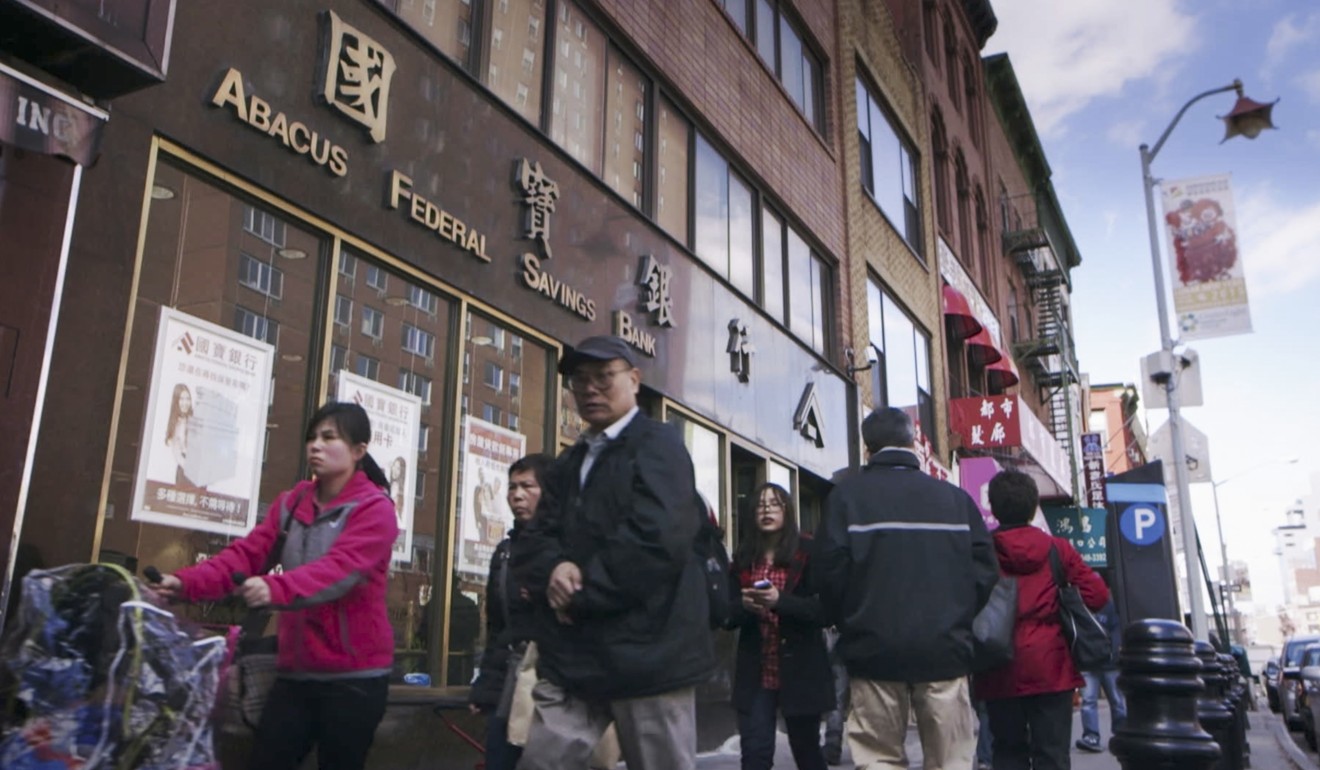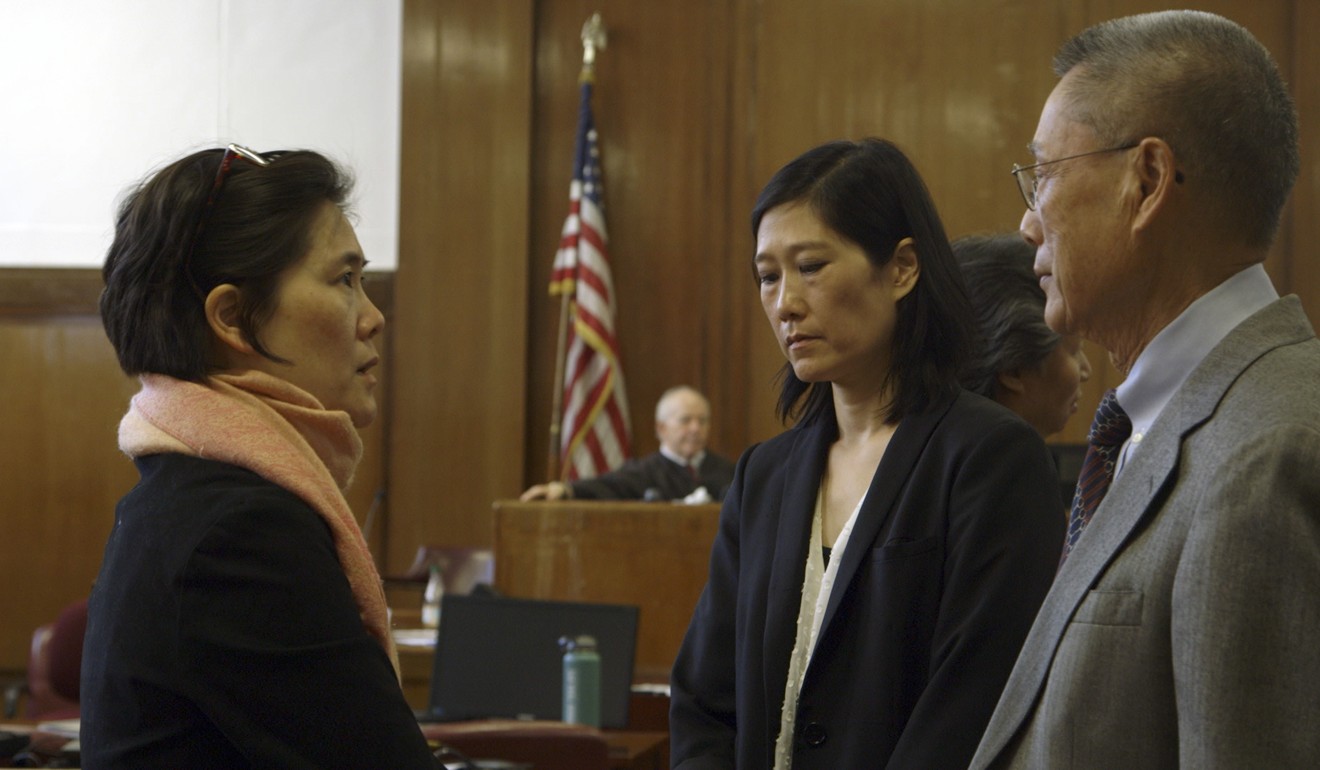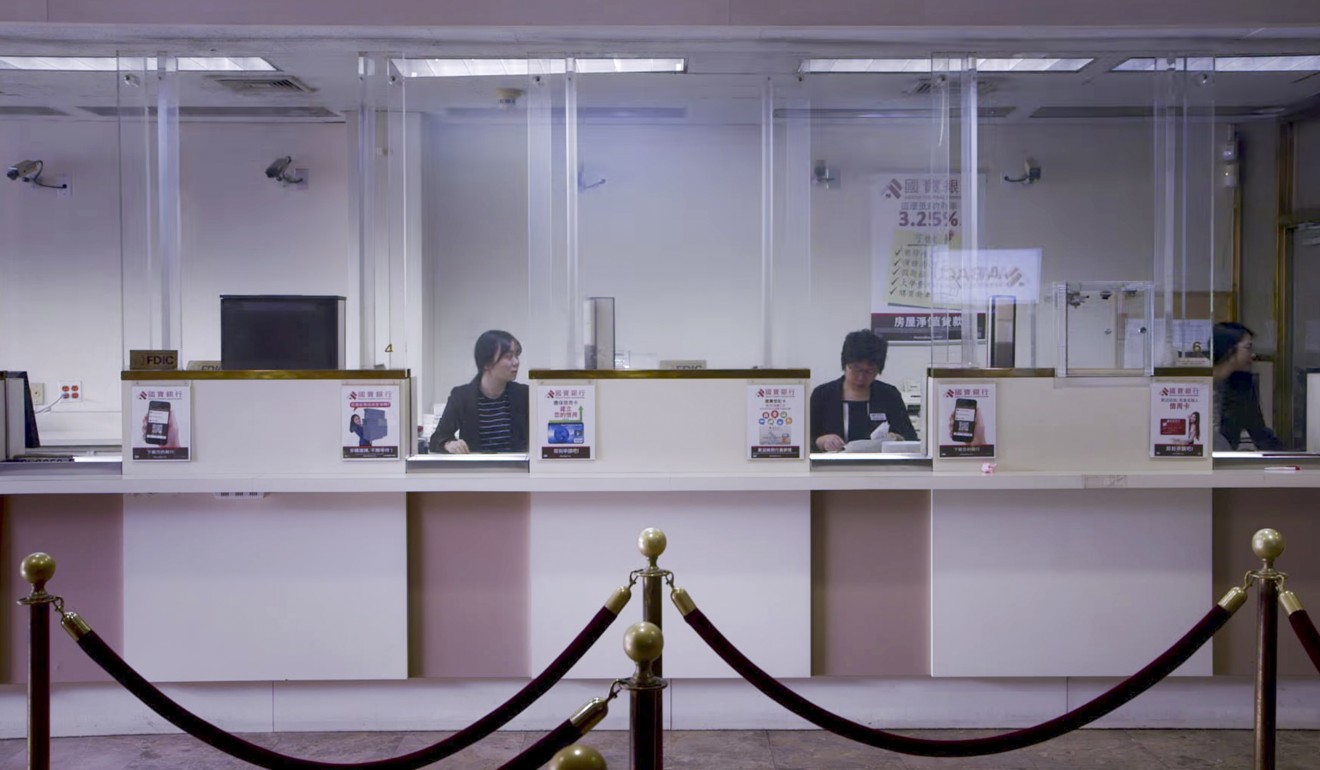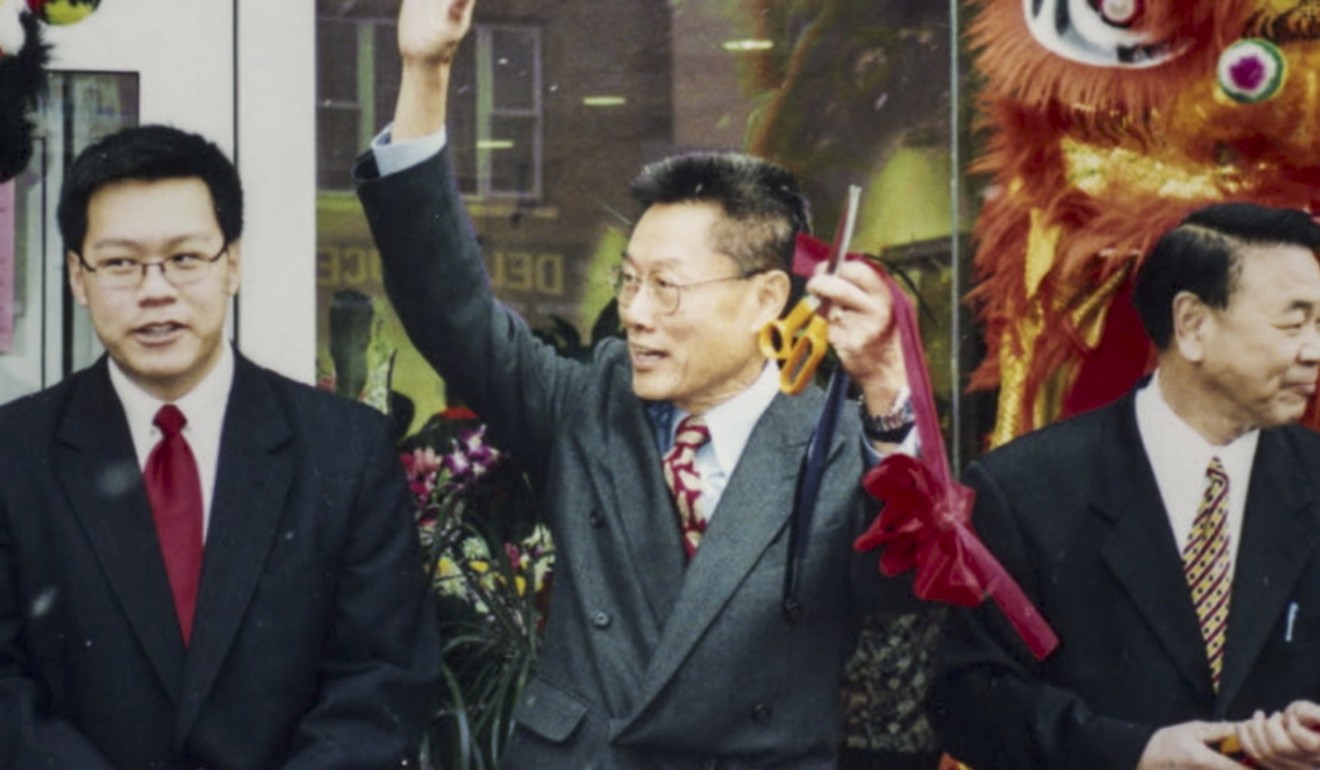
Oscar nominations - the Chinatown bank saga behind Abacus: Small Enough to Jail, up for best documentary
Racism and political gain were the motives, as the Sung family see it, for singling out Abacus Federal Savings Bank for trial over the subprime mortgage crisis, a case that’s the subject of a documentary vying for an Academy Award next month
Since its world premiere at the Toronto Film Festival last September, the documentary Abacus: Small Enough to Jail has been screened at more than 30 film festivals around the world and picked up a string of awards. On Tuesday it was shortlisted for a best documentary Oscar. Yet audiences continue to be shocked by the injustices meted out on a small bank serving the Chinese community in New York’s Chinatown.
Events captured in the documentary take place four years after trouble in the US subprime mortgage market led to a full-blown banking crisis. Massive bailouts ensued to prevent a total collapse of the global financial system, causing the biggest economic downturn since the Great Depression.
Despite howls for the Wall Street bankers, traders and executives whose dishonest deeds triggered the 2008 crisis to be held accountable, no one was brought to justice. Then the system found a victim.

The subsequent trial in 2015 was chronicled by filmmaker Steve James. Abacus: Small Enough to Jail will be shown on November 16 at the Asia Society Hong Kong Centre, followed by a Skype chat with Abacus founder Thomas Sung and his daughter Vera, a director of the bank.
Nine top banks sued by Fannie Mae over Libor fixing
“A lot of people don’t know the ending of the story. So when the jury goes into deliberation, you can feel a palpable anxiety. Audience members have told me they are on the edge of their seats not knowing what’s going to happen,” says James via Skype from Los Angeles.
Sung was determined to fight the charges, which he strongly believed were racially motivated. He was anxious to prove the bank followed correct protocols; it was argued in the trial that its default rate was only 0.3 per cent, much lower than the national average at the time of about 20 per cent.

“When we were young, my father said, ‘I want you to be a lawyer to understand your rights’,” says Jill. Jill Sung and three of her four sisters went on to train as lawyers; the fourth became a doctor. “I thought I was immune to the deep racism in this country, but … this case made me realise this fight is very much alive. It’s very important to maintain institutions like us, and how are we going to continue this fight? The politics in the US makes it hard to walk away,” she says.
Five reasons New York’s Chinatown is surviving gentrification scourge
Sung still feels strongly that Vance picked on the small bank in the hope that it would be shut down – for his own political gain.
“I wanted the documentary to be made because I didn’t know how the prosecutor might influence the jury. We knew we were right – we knew it was a bogus charge,” he says.
“This case threatened our community, not just the bank … We fought for the bank and represented the community.”
Ironically, the youngest of Sung’s daughters, Chanterelle, was working in the District Attorney’s office at the time of the indictment. She was so upset that her family’s reputation was at stake that she asked to be removed from the case, and later quit to help the family fight in court.
Following a 67-day trial, it took 10 days for the jury to find – spoiler alert – the bank not guilty of all 240 charges.

“The amount of support is beyond our expectations,” Sung says. “People say to us, ‘How can this be happening in a democratic country?’ This brings out the meaning of how much justice you can afford [the trial cost the Sungs US$10 million]. The poor are subjected to this insidious prejudice within the legal system. People have lost liberty and life.”
Jill says some people have popped in to the bank after watching the documentary. “We had one man visiting his son from Texas and he asked to speak with the Sung family, and I sat with him and we talked.”
US bank catering to Chinese-Americans acquitted of larceny, conspiracy
“It’s very humbling and emotional to meet people, strangers who come to say, ‘We’re sorry this happened to you’, and some are even in tears,” Vera adds.
The court case involving Abacus is still largely unknown, because there was scant coverage in the mainstream media. The only reports were about the indictment, with sensational photos of the 19 suspects handcuffed together like a chain gang, being paraded down a hallway.
That image shocked the Sungs, who quickly realised they were up against a District Attorney’s office that was keen to make a spectacle of their small bank, giving the impression that Chinese people were dishonest and questioning the bank’s integrity.
As the trial was about to start, Vera told a friend, producer Mark Mitten, about the case. Having known the family, and Vera personally for more than 10 years, he resolved that a documentary should be made to show their side of the story.

James says he is surprised by the positive ways in which people deal with situations. “The Sungs have incredible humour. No question, what they went through was traumatic and it took a toll on each family member, but they never lost their sense of humour, never lost their sense of closeness and belief in one another,” he says.
“My favourite scene is when Vera and Chanterelle are going over their father’s statement once the verdict came down, and he is trying to eat his chicken sandwich. They are alternatively bickering over the wording and asking him if his sandwich is OK.”
James says the documentary process not only follows the real-life narrative, but also seeks to understand the subjects’ feelings. “The way people deal with conflict doesn’t conform to expectations compared to fiction. We witness moments few writers of fiction can imagine.”

“American media consumers, who are mostly white, are not interested in other people. They aren’t interested in the world unless we are there at war,” James says. “People skip ethnic enclaves to read about the craziness in Washington. This story is an unequal application of justice and it continues unchallenged. People who are victims of the justice system are unknown, faceless people.”
Jill says the bank is now back on track and where it was before the indictment five years ago. After the racial prejudice they faced, she is determined to not only make Abacus relevant to first-generation immigrants, which was her father’s original vision, but to also serve second-generation Chinese like her and her sisters.
Of all the films he has made, James says Abacus: Small Enough to Jail has been one of his audiences’ favourites. “They are outraged over what the Sung family was put through, there’s humour – you can hear a lot of laughter in the cinema, and they fall in love with the family. They admire them and pull for them.”
Abacus: Small Enough to Jail, Nov 16, 7pm screening, Skype meeting at 8.35pm.
Asia Society Hong Kong Centre, 9 Justice Drive, Admiralty, asiasociety.org/hong-kong

